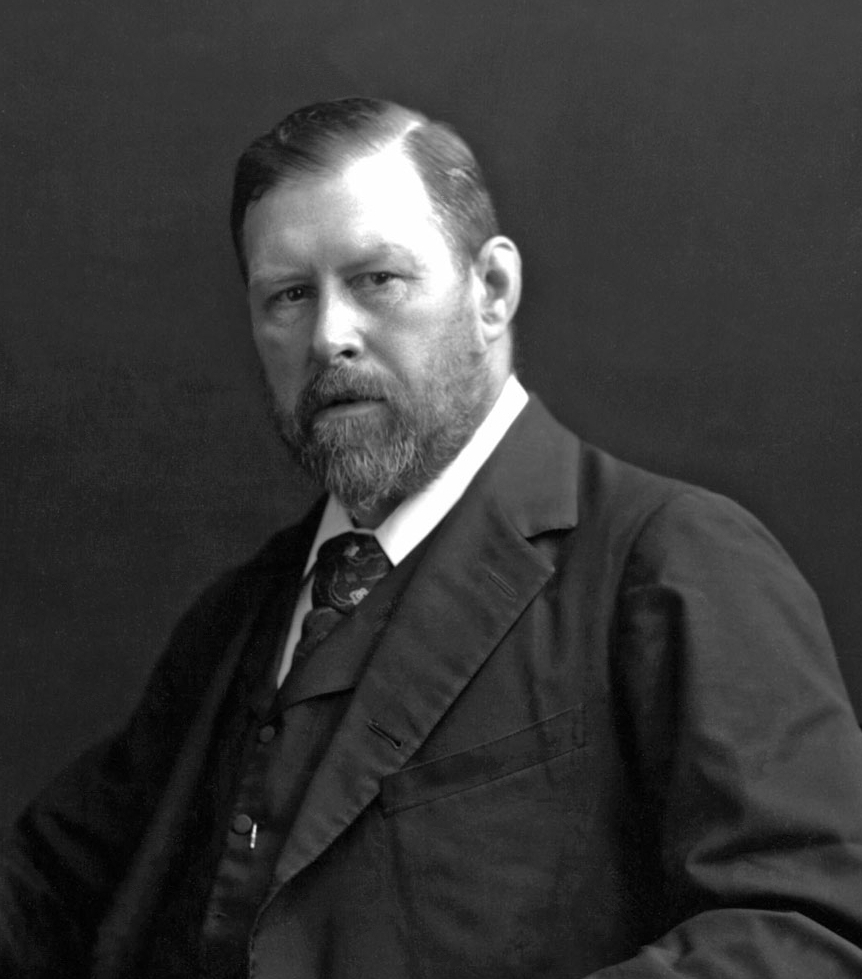 Bram Stoker - an excellent civil servant when he wasn't idling his time away thinking about extravagantly fanged counts from Transylvania
Bram Stoker - an excellent civil servant when he wasn't idling his time away thinking about extravagantly fanged counts from TransylvaniaWith civil servants in Northern Ireland and Britain increasingly coming under scrutiny, MAL ROGERS looks at this wide-ranging sector, and whether it offers a career path for you
Qualifications:
Very wide
Technically speaking the Taoiseach is a civil servant, as was Michael Collins. First Minister Michelle O'Neill is as well — but then so is Mavis, in charge of the paper clips and hole punch, and Kevin, head of folding chairs.
Prospects for civil servant:
The top civil servant in Britain, the cabinet secretary, trousers £200k a year. In Ireland the top mandarin is secretary general to the Government, doubling as secretary general to the Taoiseach. Earns something north of €250K.
In Britain or Northern Ireland if you get to the top you’ll likely get a knighthood; in Ireland, where there’s no honours system, the most you can expect is a clap on the back from the President and a “Fair play to ye, head.”
Responsibilities:
Range from being in charge of the tea-round to deciding the fate of the nation.
Main duties for middle ranking civil servants:
Keeping nose clean at all times. Making sure the buck never stops with you, and indeed try to arrange matters so that it doesn’t even slow down at your desk. That sort of thing is for Chief Can Carriers (CCCs) such as the cabinet secretary, who are recompensed accordingly.
The CCCs will have learned never to answer a question directly—always reply with, “Can you clarify?” But even at the lowliest level, creative emailing can help out enormously. If something looks like work, CC three people and merely ask, “Any thoughts on this?”
Other duties:
Sending email memos. Not to convey information, but to protect yourself.
Anything you can do to pass the time?
Write a book. Richard Adams wrote Watership Down while he was working for the Civil Service. Although it was later said that most people would rather have read a book about civil servants written by rabbits.
At the other end of the literary scale, Bram Stoker who wrote Dracula, was a civil servant in Dublin.
James Joyce was a civil servant for a time. Does his writing even show definite shades of civil-service-speak? “In the name of Annah the Allmaziful, the Everliving, the Bringer of Plurabilities, haloed be her eve, her singtime sung, her rill be run, unhemmed as it is uneven. . . . ” From Finnegans Wake.
Other things you can be getting on with:
Songwriting. Noel Gallagher penned most of his hits when, technically speaking, he was a civil servant. He took a job at building firm sub-contracted to British Gas, which was then a public company. After a steel gas pipe landed on his right foot he was offered a less physically demanding role in the company's storehouse. This freed up time for him to write songs. Although a lowly civil servant, his work eventually earned him vastly more than if he’d worked his way up to becoming cabinet secretary.
So what makes the civil service tick?
The heaviest substance known to man, an element called Administratium. That’s according to William DeBuvitz writing in 1989 in The Physics Teacher. (If you were a civil servant you’d have time to read this sort of arcane stuff.)
According to DeBuvitz, Administratium is a very dense, inert substance, with no protons or electrons, so it is impossible for anything containing it to interact usefully with anything else. Administratium, however, is rich in neutrons - the constituents of an atom which don’t do anything. Be very careful if exposed to the substance as it can cause extreme drowsiness.
Disadvantages of a career in the civil service:
Eternally being grouped together with recognised comedic objects such as garden gnomes, novelty ties and people who clap when the plane lands.
Advantages:
Sometimes employers can be kind. Michael Collins worked as a clerk for a couple of British government bodies. Legend has it that when he announced he was resigning in order to fight for his country, employers assumed he was off to fight for the British in World War I. So they promptly gave him a bonus.
Areas worth a wide berth if you want to be a civil servant:
The Chinese Civil Service. Their entrance exam used to contain only one instruction, and probably still does: “Write down everything you know’. A task which would detain some of us for a very limited amount of time.

